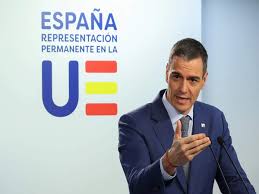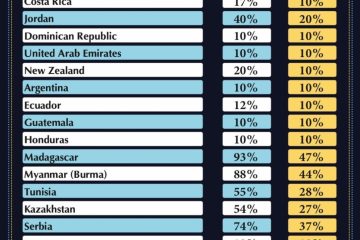European Union Food Stockpiling Initiatives: A Response to Challenges

Introduction
The issue of food security has become a critical concern for nations around the globe, particularly in light of the recent disruptions caused by the COVID-19 pandemic, climate change, and geopolitical tensions. In response to these challenges, the European Union (EU) has initiated measures to stockpile food as a strategic safeguard to ensure sustainable access to essential resources for its member states. This approach not only addresses immediate vulnerabilities but also lays the groundwork for long-term agricultural resilience.
Current EU Initiatives on Food Stockpiling
In recent months, the European Commission has announced plans to enhance food stockpiling initiatives as part of a broader strategy to combat food insecurity and inflation. Key measures include:
- Increased Funding: The EU has allocated approximately €500 million towards improving food production and stockpiling efforts across various member states. This financial support aims to boost local agriculture and reinforce supply chains.
- Strategic Reserves: The EU is encouraging member countries to establish food reserves for essential commodities, such as grains and dairy products, to ensure that supply can meet demand, especially during crises.
- Collaboration with Farmers: The initiatives focus on partnerships with local farmers and agricultural organizations to implement best practices in food preservation and storage, thereby reducing waste and increasing the effectiveness of the stockpiling strategy.
Challenges and Response
Despite these initiatives, challenges persist. Rising commodity prices and logistical issues due to global shipping disruptions have complicated the stockpiling efforts. Furthermore, climate change poses significant threats to agricultural productivity, necessitating a shift towards more sustainable farming practices within the EU.
To address these concerns, the EU is investing in research and innovation to develop resilient farming technologies. Programs targeting sustainable agriculture and climate adaptability are gaining traction, demonstrating the EU’s commitment to creating a more robust food supply chain.
Conclusion
The EU’s stockpiling food initiatives signify a proactive approach to ensure food security for its citizens amidst evolving global challenges. By investing in sustainable practices and fostering collaboration between sectors, the EU aims to mitigate risks associated with food supply shocks. As these initiatives unfold, they will not only impact the current landscape of food security in Europe but could also serve as a model for other regions facing similar issues in the future. As food security remains a pressing issue worldwide, the EU’s actions will be closely watched and assessed for their effectiveness in safeguarding the food supply for millions.









